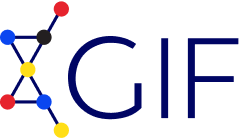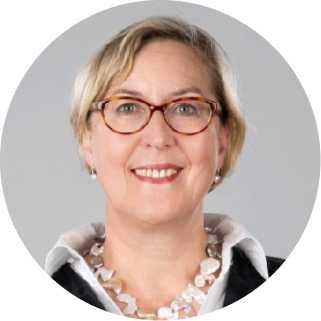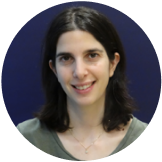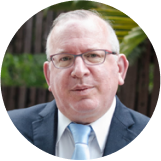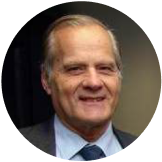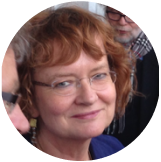Home | Stories & News | Post
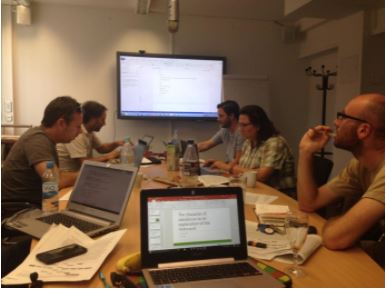
- February 2, 2021
Seventy Years Later: Historical Representations of the Holocaust and their effects on German-Israeli Relations
from Prof. Gilad Hirschberger (IDC Herzliya) & Katja Hanke (GESIS Mannheim) & Prof. Dr. Roland Imhoff (University of Mainz)
Following a 2010 visit to Berlin, and some Holocaust research on Israelis, Gilad Hirschberger became interested in understanding how Germans and Israelis make sense of the Holocaust. In 2013, he contacted Katja Hanke and Roland Imhoff two German social psychologists that he hoped would provide some insight on this question. Katja had just published some relevant research on historical closure in East Asia, and Roland had done some Holocaust-related research especially on the desire among many Germans to move on and never look back at the past – Schlussstrich in German. After a few e-mail exchanges, writing a GIF proposal was the natural thing to do. The basic idea behind the proposal was that there is much variation in lay perceptions of history, and that both members of the victim group and perpetrator group attribute the collective trauma to different causes. In our research, we were interested in understanding a question that really has no sensible answer, but may nevertheless be psychologically significant: how Germans and Israelis explain the inexplicable – why did the Holocaust happen? Before posing this question to Israelis and Germans we decided to come up with our own causes based on psychological theory and research. We suggested that people may attribute the Holocaust to internal causes such as the belief that there was some inner evil in German society, or they may believe that Germans are obedient by nature and blindly follow orders. Others may attribute the Holocaust to external causes: they may believe that the Nazis used coercion and that ordinary Germans were forced to comply with Nazi policies against their will, and yet others may place blame on the social and economic conditions following WWI and the Versailles Agreement. We worked diligently to study top-down (theory-driven) and bottom-up (data-driven) attributions for the Holocaust, and eased the heavy atmosphere during our intensive meetings with nighttime fun. Our first meeting in Bremen included planning the first studies and enjoying the beautiful city. The second visit in Herzliya was dedicated to a labor-intensive process of studying the lay attributions people provided when we asked them why they thought the Holocaust happened. Plenty of work went into response coding and understanding the structure of these attributions. There was also no shortage of hummous, whisky, and Tel Aviv nightlife when the day ended. Our third visit was to Cologne where we worked on manuscripts and learned to drink Kölsch, the local beer. We also visited former Gestapo headquarters at the center of town and saw another perspective on how Germans today remember and understand the Nazi era. These meetings would not be the same without our amazing students and post-docs. Dr. Dennis Kahn, a Swedish Jew who immigrated to Israel, could not have imagined that this research would reveal buried treasures of his own family history. Mario Messer, a German graduate student served as a backbone for study implementation. Pia Lamberty, a German graduate student substituting during Mario’s paternal leave, became enamored with the Negev, and Slieman Halabi, an Israeli Druze, is now a graduate student at a German university. This project, generously funded by GIF, has not only produced several high-quality publications, but has taught all of us that collective trauma influences the descendants of both victim and perpetrator groups. Importantly, it showed that events that happened over 75 years ago continue to affect social and political attitudes today. Our findings resonate with William Faulkner’s proclamation that “the past is never dead, it’s not even past.”
Related Posts
Dinner Discussion “Breaking Barriers: Bridging Science, Business, and Politics” at the Hermann Ehlers Academy in Kiel
On Thursday, July 4, the Hermann Ehlers Stiftung & Akademie hosted a dinner discussion entitled...
READ MORE »Luncheon with the German Federal Minister of Education and Research on the occasion of the German Studies Conference 2024
On Thursday, June 27, 2024, GIF director, Dr. Eric Zimmerman, had the great honor to...
READ MORE »2023/2024 Sylke Tempel Fellowship: Security Policies in Flux – New Perspectives on Israel and the Middle East
On June 20, 2024, GIF Director, Dr. Eric Zimmerman, was invited to the concluding event...
READ MORE »